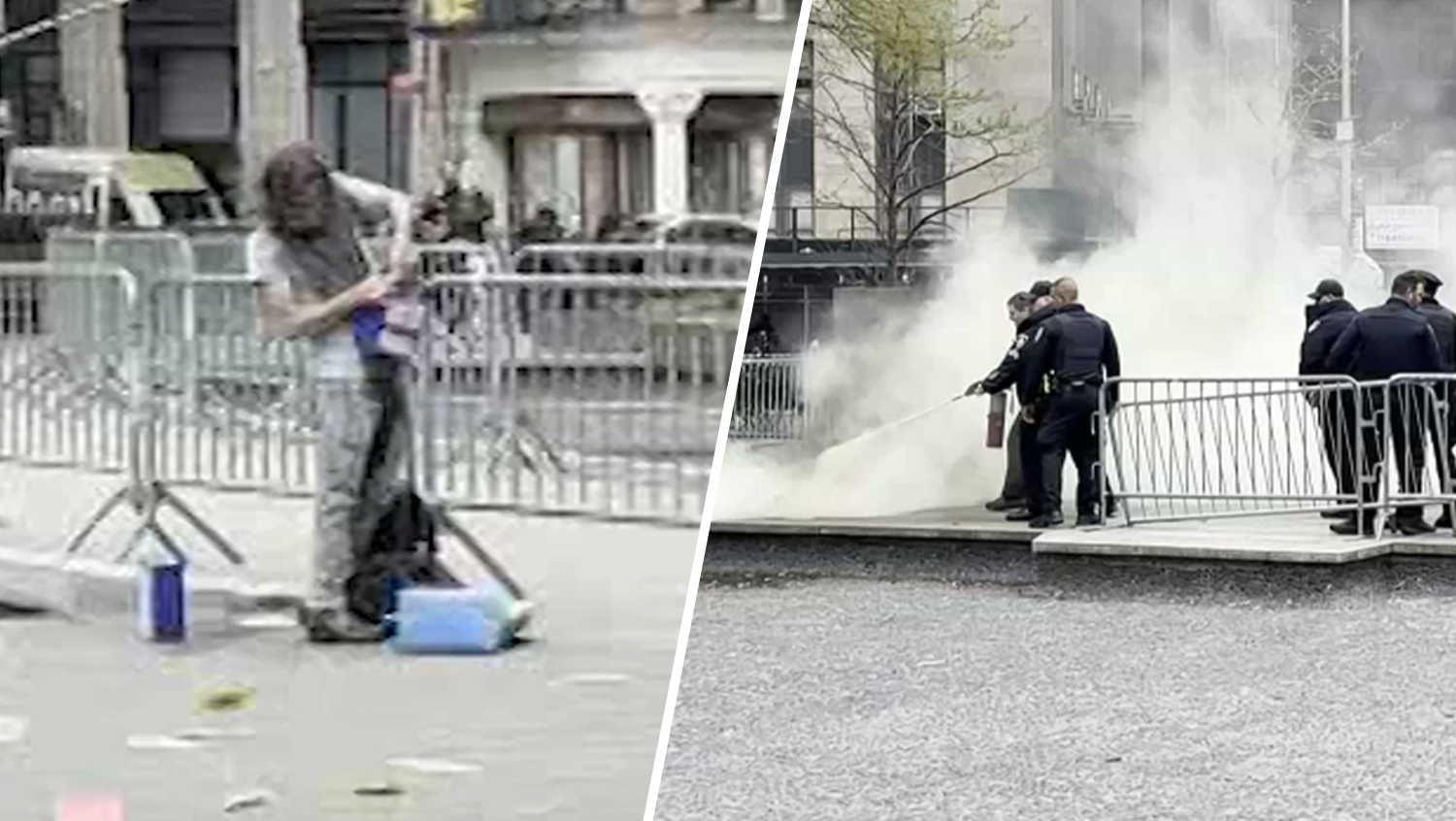Heavy fighting erupted in the eastern neighborhoods of Mosul on Friday as Iraqi special forces launched an assault deeper into the urban areas of the city and swung round to attack Islamic State militants from a second entry point, to the northeast.
Columns of armored vehicles wound through open desert to open the new front, pushing through dirt berms, drawing heavy fire and calling in airstrikes to enter the middle class neighborhoods of Tahrir and Zahara. The area was once named after former Iraqi dictator Saddam Hussein.
Lt. Col. Muhanad al-Timimi told The Associated Press that three militants in separate explosives-laden vehicles tried to attack the troops but were destroyed, including a bulldozer that was hit by an airstrike from the U.S.-led coalition supporting the offensive. An officer and two soldiers had been wounded, he added.
At least one of those soldiers was wounded seriously in the first hours of the new advance, which came under heavy fire from mortars, automatic weapons, snipers and anti-tank rockets. Commanders at the scene said his injury to the neck could have been the result of small arms fire or shrapnel from a mortar round.
Earlier, at the direct eastern approach to the city's urban center, militants holed up in a building fired a rocket at an Abrams tank, disabling it and sending its crew fleeing from the smoking vehicle, seemingly unharmed. The advance in that area then stalled.
The day's fighting has been the most intense urban combat in Mosul since the Iraqi offensive began over two weeks ago to drive IS from the city, Iraq's second-largest.
The early morning push began with artillery and mortar strikes on the Aden, Tahrir, and Quds districts, just west of the special forces' footholds in the Gogjali and Karama neighborhoods, al-Timimi said. Both sides opened up with small arms and mortar fire after an artillery barrage by the special forces, ahead of their advance.
U.S. & World
The day's top national and international news.
Later, the regular army's ninth division, which has been following the special forces along their advance, moved into eastern Mosul's Intisar neighborhood, said an officer from the unit who spoke on condition of anonymity because he was not authorized to speak to the press.
The Islamic State group is fighting to hold Mosul as Iraqi forces and allied Kurdish troops squeeze in from all directions with U.S.-led coalition support, mostly from airstrikes and reconnaissance.
On Tuesday, Iraqi troops entered the city limits for the first time in more than two years — soldiers had withdrawn from Mosul in the face of IS militants' 2014 blitz that seized large swaths of territory in Iraq and neighboring Syria.
Now the Iraqi forces are gearing up for urban warfare expected to take weeks, if not months, as they work their way neighborhood by neighborhood, going through a warren of dense buildings prone to booby traps and ambushes.
More than 1 million civilians are stuck in the city, complicating the military's efforts to advance without harming innocents. IS militants have driven thousands of them deeper into the city's built-up areas, presumably for use as human shields, while hundreds of others have fled in the past days toward government-controlled territory despite the uncertainty of resettlement in displacement camps.
Mosul is the last major IS stronghold in Iraq, and expelling the militant group from it would be a major blow to the survival of its self-declared "caliphate" that stretches into Syria. When IS seized Mosul and other territory in 2014, the much larger Iraqi military had been neglected and demoralized by corruption.
Iraqi forces have made uneven progress in closing in on the city since the operation began on Oct. 17. Advances have been slower to the south, with government troops still 35 kilometers (20 miles) away, although they seized a handful of villages late last week. Kurdish fighters and Iraqi army units are deployed to the north, while government-sanctioned Shiite militias are sweeping in from the west to try to cut off any IS escape route.
One of the leading Shiite militias, the Hezbollah Brigades, said on Wednesday that its fighters have gained control of a highway linking Mosul to the Syrian city of Raqqa, the de facto capital of the militants' self-proclaimed caliphate.
The militias' umbrella group, the Popular Mobilization Units, say they will not enter Mosul and will instead focus on retaking Tal Afar, a town to the west that had a Shiite majority before it fell to IS in 2014.
Meanwhile in Geneva, recent accounts of IS abuses were revealed by the United Nations, which said it has new reports that the Islamic State group has been carrying out mass killings in Mosul. Spokeswoman Ravina Shamdasani said the reports to the group's rights office alleged that IS killed 50 of its own militants on Monday at the Ghazlani military base for alleged "desertion."
Shamdasani told reporters that her office also has reports indicating that four women were killed and 17 other civilians wounded in airstrikes on Wednesday in Mosul's Quds neighborhood. She says it was not the first time that her office had received a report of civilian deaths. She also cited reports that IS has been holding nearly 400 women captive in the town of Tal Afar, near Mosul.



